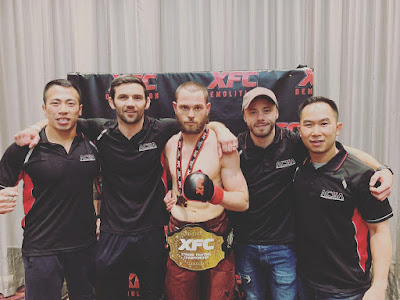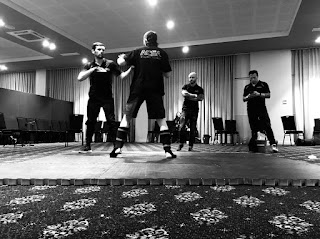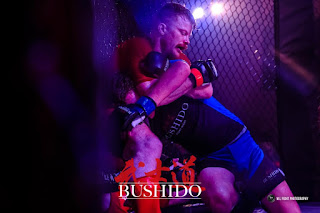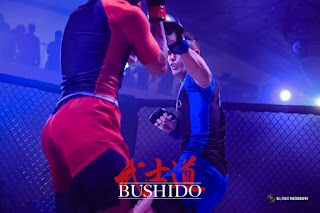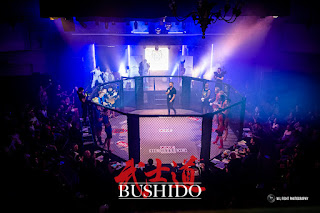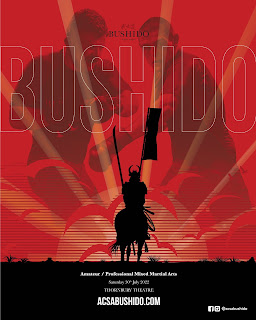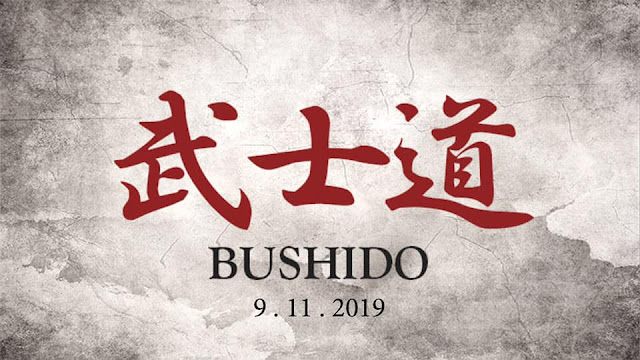One of the most important martial arts concepts which can also have a positive impact on your life away from the gym is the Japanese idea of Kaizen or continual daily improvement.
Constant gradual improvement even if only by 1% per day or week is much better than no improvement at all.
Two mistakes that newcomers to martial arts make are firstly believing that they do or don’t have any talent for martial arts or fighting. Secondly, the belief that if they go all out for a short period of time they will get a black belt or become a world champion within three years.
Firstly, there is no such thing as having a ‘talent’ for martial arts. Beginners often mistake having the ability to beat other untrained people as having a natural fighting ability. Being able to beat a trained opponent who is well prepared in a competition is much different from sparring with other beginners.
The skills and mentality to be able to compete and win against good opponents is not something that comes naturally to anyone. It must be developed gradually over months and years of training.
The second problem is with the idea of trying to do too much too soon.
I’ve been a full-time martial arts coach now for over ten years. I've had many students ask me what they need to do to get to the top level.
I explain to them that there are no short cuts. Come in and train every day, don’t take time off after fights, don’t go hard for a few weeks then slack off for two months only to repeat the cycle again and again.
If you stick to the plan you’ll be a top-level fighter competing and winning in the UFC in ten years.
Everyone who tries to take short cuts in their training, Looking for the martial arts equivalent of a get rich quick scheme always ends up quitting and never gets anywhere near their potential.
Forget about talent and shortcuts.
Focus on what you can do every day to make yourself 1% better. One year from now you will be 365% better than you are today. In ten years you will be a world champion.

